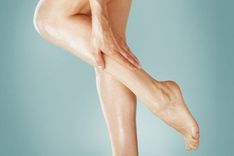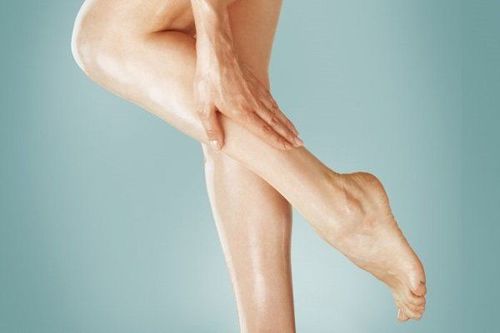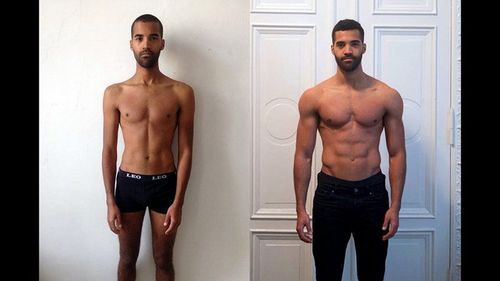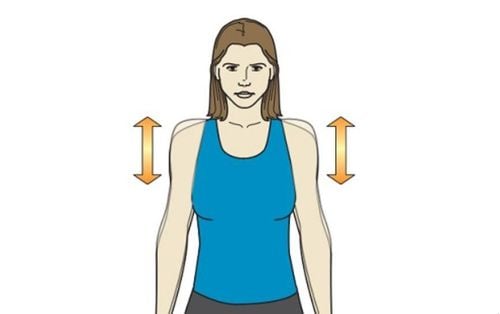Bananas are the perfect snack after exercise because of the effect of eating bananas to gain muscle. Bananas are easy to eat, easy to digest and contain many essential nutrients, which help promote faster recovery after exercise.
1. Nutritional composition of bananas
Bananas are a fruit that is highly valued for its nutritional value. It is a source of some essential nutrients such as potassium, manganese, vitamin B6 and vitamin C. 1 fresh banana of about 118g contains: 105 calories, 75g carbohydrates, 3g fiber, 1g protein, 0.3g fat along with vitamin C, vitamin B6, potassium, manganese, magnesium, ... At the same time, bananas also contain various plant compounds that can reduce stress, inflammation and the risk of chronic diseases.
The World Health Organization (WHO) recommends that everyone should eat fruits and vegetables. Adding bananas to your daily diet is a great way to boost your overall health.
2. Do bananas help build muscle?
Bananas are a healthy addition to any diet, even one focused on building muscle. In addition to providing energy to the body, the nutrients in bananas have the effect of increasing muscle.
Specifically:
2.1 Some vitamins and minerals increase muscle
- Manganese is a trace mineral that supports many chemical processes in the body, including protein metabolism;
- Vitamin B6 is a water-soluble vitamin that humans need to consume daily, as it participates in protein metabolism and supports energy production and storage in muscles;
- Potassium in bananas helps prevent muscle cramps caused by electrolyte imbalance due to potassium deficiency.
2.2 High in water and carbohydrates helps enhance performance and aids in recovery.
Bananas are nutritious, especially rich in water and carbohydrates. These are 2 ingredients that have been proven to help improve exercise performance and recovery after exercise. Specifically:
- Helps replenish muscle glycogen: eating carbohydrate-rich foods after exercise will promote the release of the hormone insulin to transfer sugar from the blood into muscle cells - where sugar is stored as glycogen. Carbohydrate-rich foods like bananas also make muscle cells more sensitive to insulin, making it easier for them to replenish glycogen stores after exercise;
- Help the body use protein more effectively: Eating carbohydrate-rich foods like bananas with a source of protein immediately after exercise will help muscles recover more effectively after exercise. Carbohydrates help stimulate muscles to absorb or use protein, thereby increasing the muscle-building process;
- Helps reduce inflammation: In addition to being rich in carbohydrates, bananas also contain large amounts of beneficial compounds such as dopamine and polyphenols. The combination of carbohydrates and these compounds helps prevent inflammation after exercise, helping the body recover faster.
So, eating bananas to gain muscle is a correct view.

3. How to eat bananas properly?
Among the foods that increase muscle and reduce fat, bananas are a good choice. So what is the muscle-building diet with bananas like?
3.1 Eat bananas before, during or after exercise?
Although eating bananas after exercise can help restore health, eating bananas before or during exercise also has many benefits. Specifically:
To maximize performance during exercise, eat bananas 30 - 60 minutes before exercise;
Eat 1 - 2 bananas combined with other carbohydrate sources to recover after exercise. For those who aim to reduce inflammation and speed up recovery, bananas should be eaten after exercise;
Eating bananas during exercise can cause a feeling of fullness or bloating. If this happens, users should try other carbohydrate-rich foods such as dried fruit, fruit juice or sports drinks.
Note: Bananas are not required to replace other carbohydrate-rich or antioxidant-rich foods, so if you don't like bananas, you can choose another fruit that you like.
3.2 Ways to combine bananas with other foods
Bananas are a food that is easy to incorporate into the diet. Trainees can eat bananas alone or combine them with other foods such as oatmeal, yogurt, frozen bananas, banana ice cream, and banana cake.
3.3 How many bananas are enough?
Although bananas have many health benefits, eating too many bananas can be harmful. Specifically:
Bananas are not in the group of foods with high-calorie content. However, eating more bananas than your body needs can lead to weight gain;
Over 90% of the calories in bananas come from carbohydrates. With ripe bananas, a large portion of calories can come from sugar. Consuming too many carbohydrates without balancing them with protein and healthy fats can make blood sugar control more difficult for people with diabetes or prediabetes;
Eating too many bananas can lead to nutrient deficiencies, especially if the user does not eat foods containing other nutrients such as protein, fat, vitamin D, calcium, and iron.
The majority of calories in bananas come from carbohydrates. Bananas provide only a negligible amount of protein and fat. Protein is a major structural component of the body, playing an important role in immune function, tissue repair, muscle building, etc. Meanwhile, fat provides energy and supports the absorption of fat-soluble nutrients. It plays an important role in hormone production and brain health.
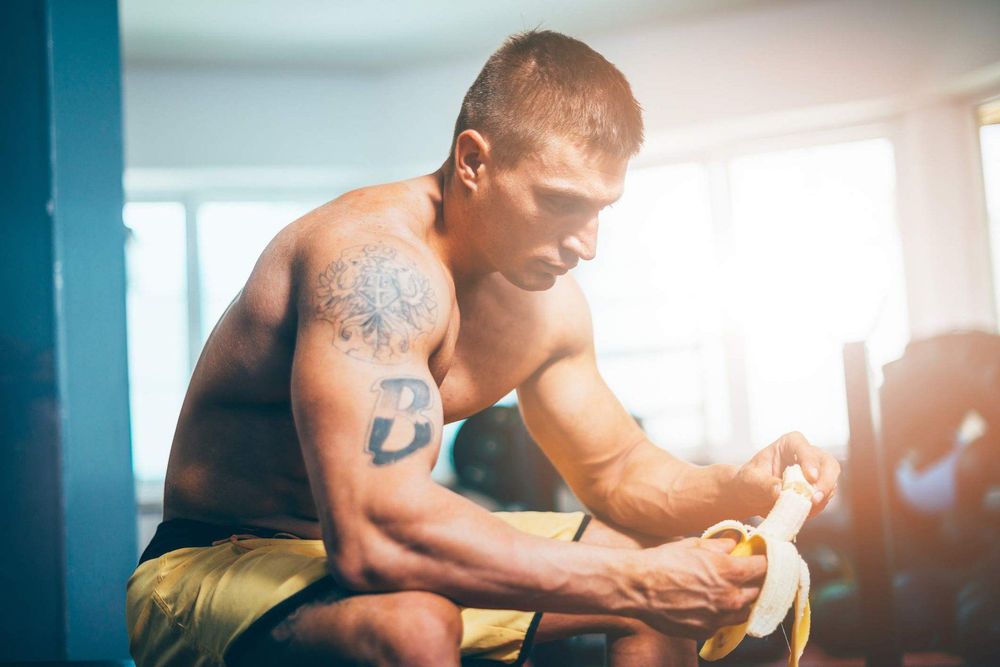
Because bananas provide little protein and fat, eating bananas alone does not ensure a nutritious meal. Therefore, users need to combine bananas with a healthy source of fat and protein such as peanut butter, walnuts or a boiled egg for a more balanced diet.
So how many bananas is enough? A healthy diet should be balanced and varied. The best way is to eat a variety of foods from each food group. There is no specific amount of bananas to eat, it depends on each person's calorie and nutrient needs. Usually, eating 1 - 2 bananas/day is reasonable for most healthy people. In addition, it is necessary to add more fruits, vegetables, lean proteins and healthy fats to the diet.
Bananas are a fruit that contains many important nutrients, which is ideal to eat after exercise. However, exercisers need to eat bananas in reasonable amounts and combine them with other foods to have a balanced diet.
To arrange an appointment, please call HOTLINE or make your reservation directly HERE. You may also download the MyVinmec app to schedule appointments faster and manage your reservations more conveniently.
Reference sources: healthline.com, livestrong.com,


